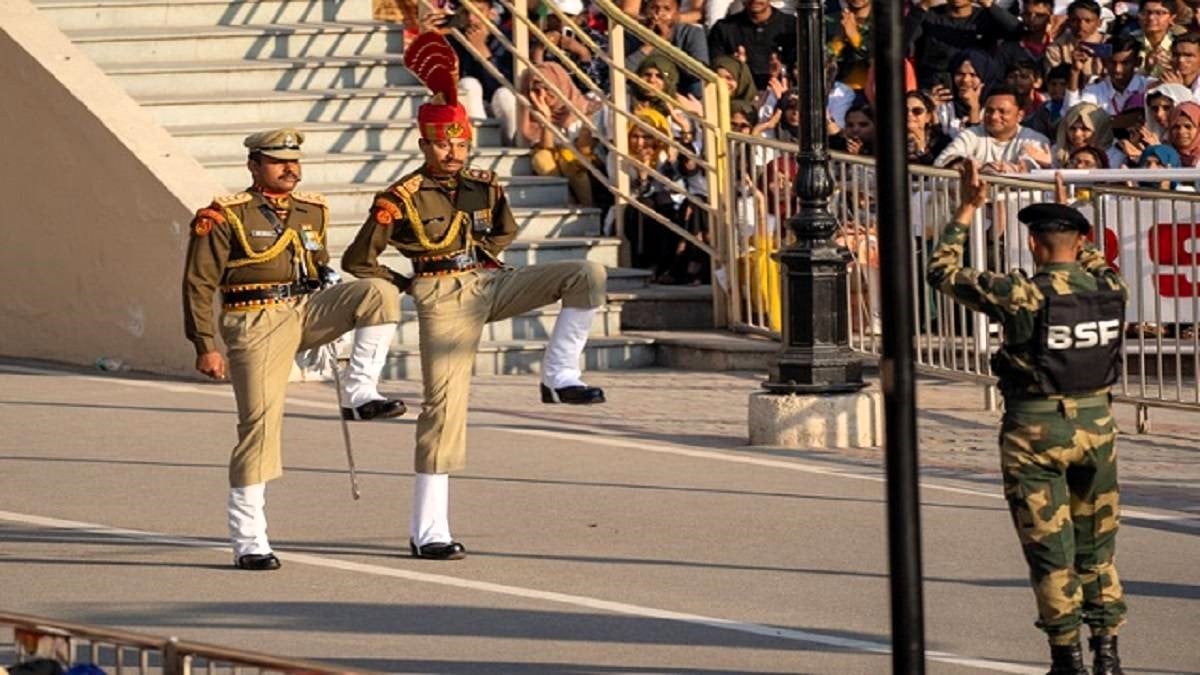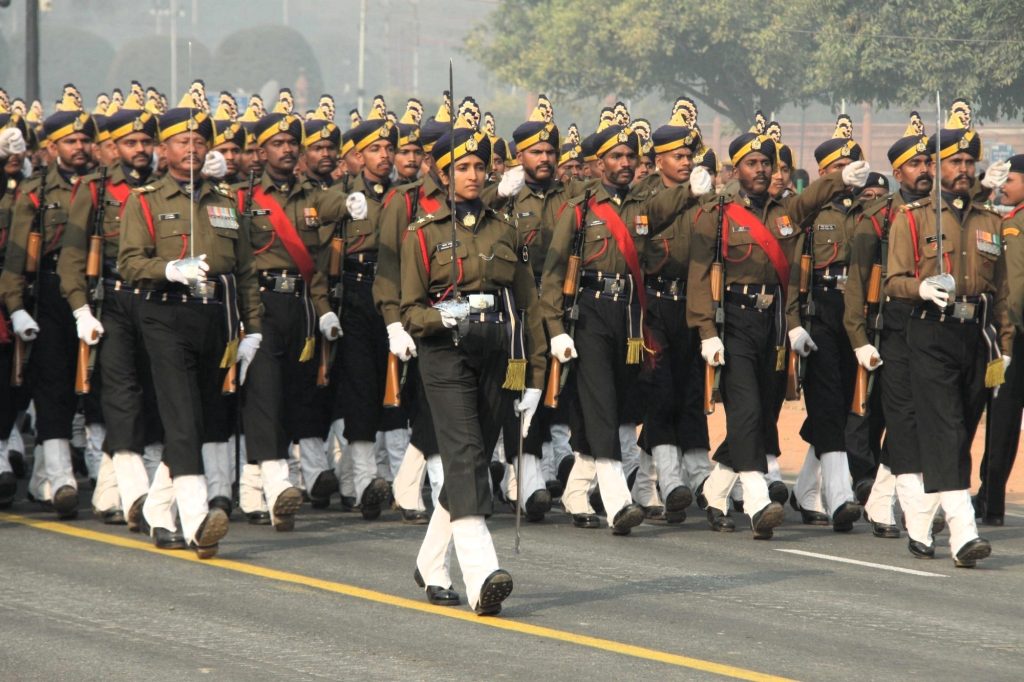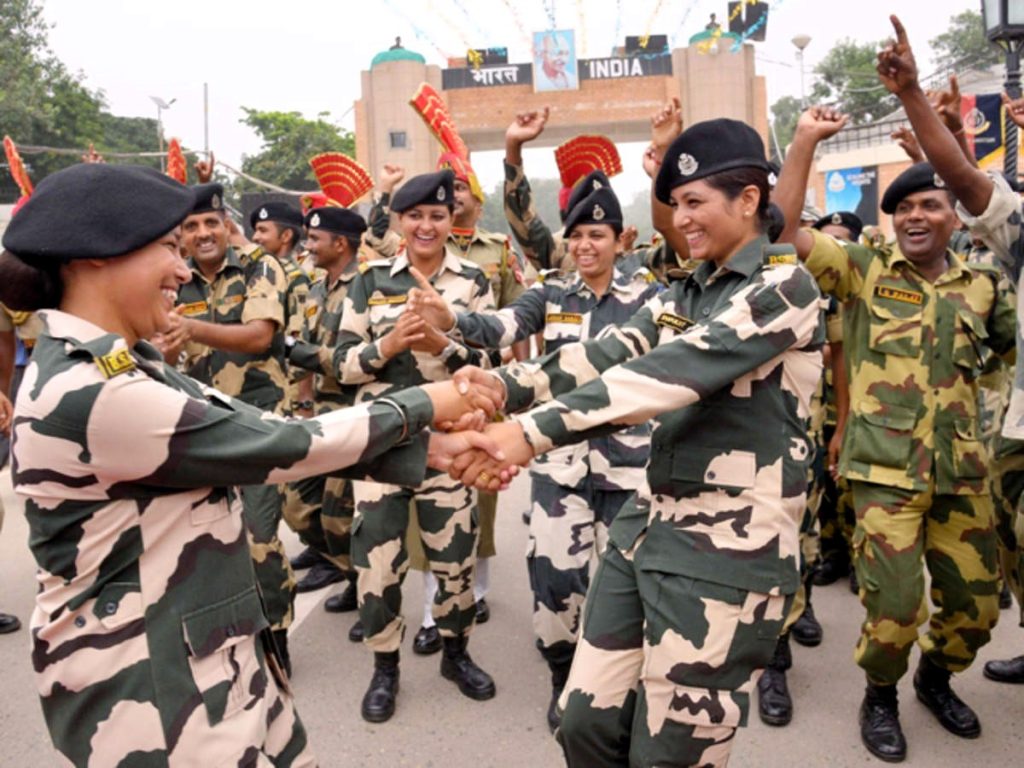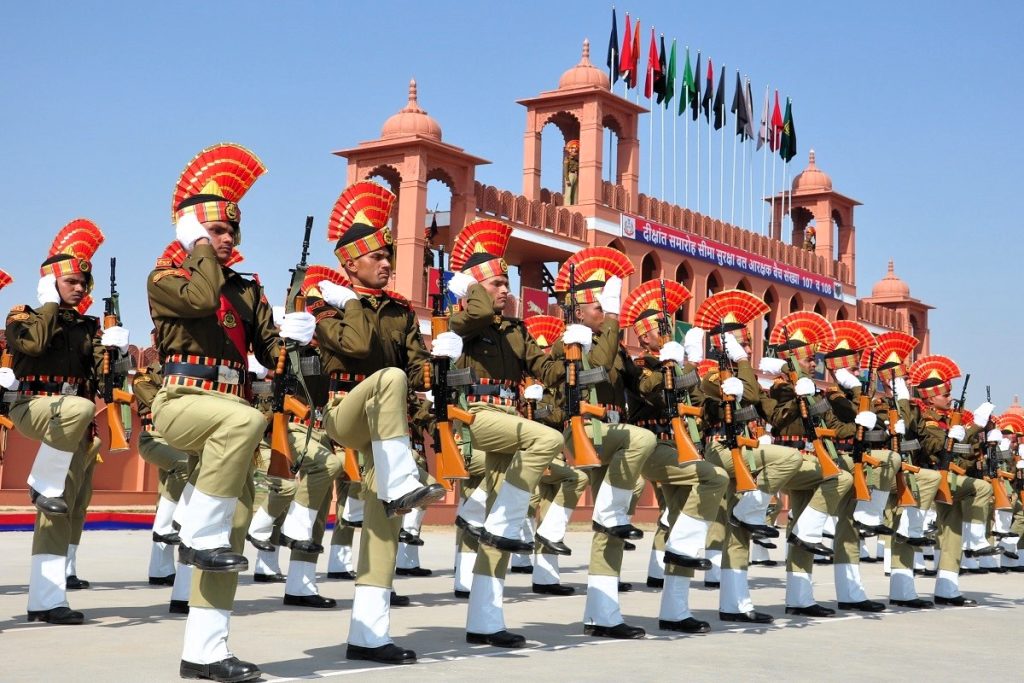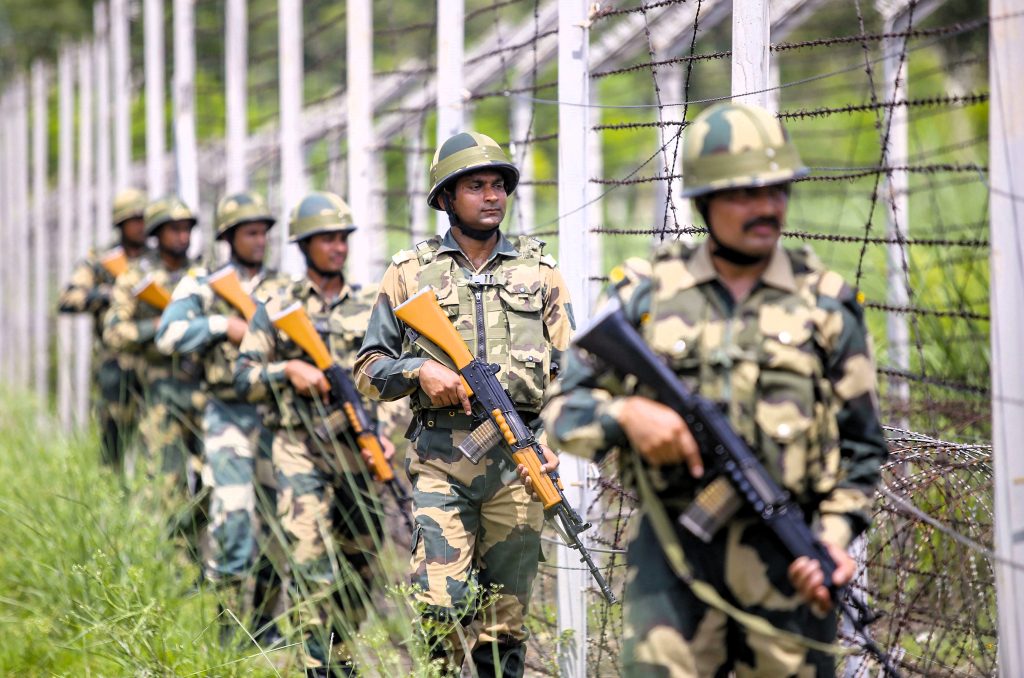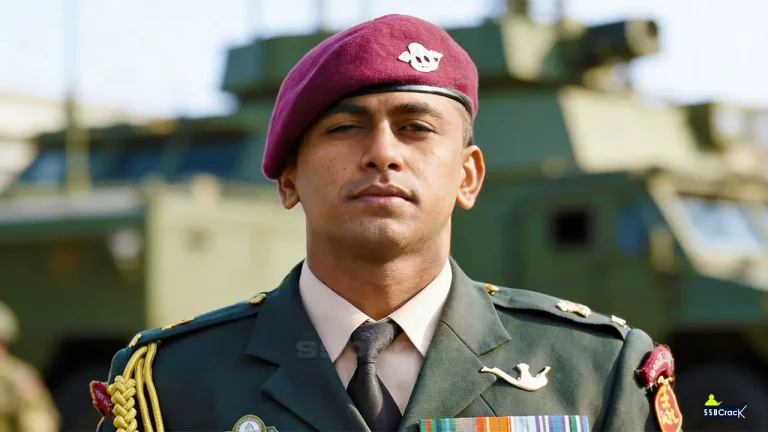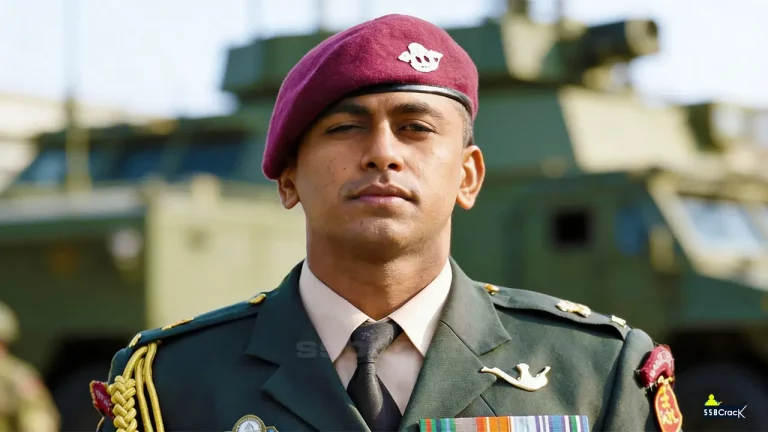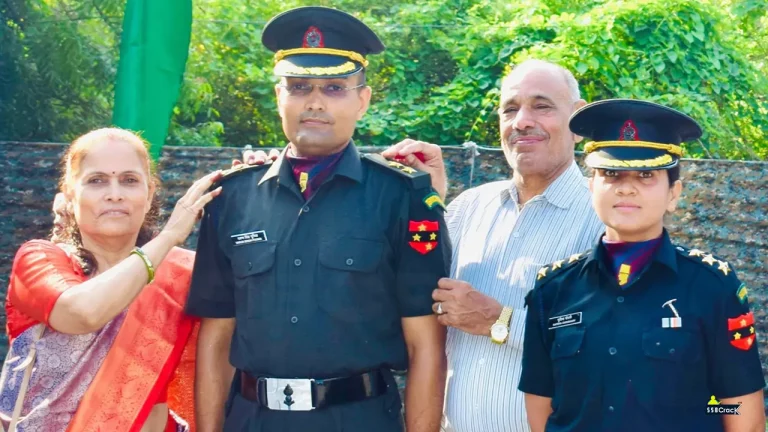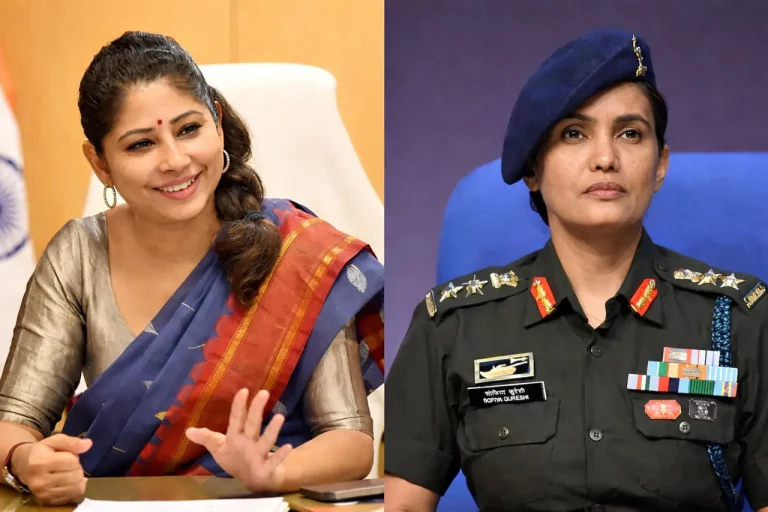The Border Security Force (BSF) is a pivotal institution in India, tasked with the crucial responsibility of safeguarding the nation’s borders. Established on December 1, 1965, this paramilitary force operates under the Ministry of Home Affairs and has its headquarters in New Delhi. The BSF plays a vital role in ensuring national security, deterring illegal immigration, and tackling terrorism. This article delves into the various facets of the BSF, including its history, functions, recruitment process, and more.
The Border Security Force stands as a bulwark against threats to India’s territorial integrity. Its primary mission encompasses:
- Border Protection: Guarding the borders with Pakistan and Bangladesh.
- Counter-Terrorism: Preventing terrorism from infiltrating the nation.
- Illegal Immigration: Deterring unauthorized entry into Indian territory.
Key Features of the BSF
| Attribute | Details |
|---|---|
| Full Form | Border Security Force (BSF) |
| Established | December 1, 1965 |
| Motto | Duty Unto Death |
| Operates Under | Ministry of Home Affairs |
| Type | Paramilitary Force |
| Leadership | Directed by a Director General (DG) |
| Personnel | Includes trained officers and soldiers |
Also Read | CRPF Full Form, All You Need to Know About CRPF
Historical Context of the BSF
The inception of the BSF was a strategic response to the growing need for a dedicated force to manage border security. Its foundation was rooted in a Cabinet meeting led by Prime Minister Lal Bahadur Shastri on April 20, 1965. This meeting highlighted the inadequacies of existing forces in border protection.
Formation and Development
- April 1965: The Cabinet discussed the importance of a specialized force for border security.
- May 1965: Key stakeholders, including the Union Home Minister and Chief of Army Staff, convened to lay the groundwork for the BSF.
- Consolidation: The BSF was formed by amalgamating 25 border battalions from various state police forces, alongside five battalions from the India Reserve.
In 1968, the Parliament passed the Border Security Force Act, formalizing the BSF’s operational framework and responsibilities.
Roles and Responsibilities of the BSF
The BSF is entrusted with a wide range of duties that extend beyond mere border protection. Here are some of its primary responsibilities:
Security Duties
- Preventing Unauthorized Entry: The BSF actively works to stop illegal immigration and cross-border crimes.
- Anti-Smuggling Operations: The force combats smuggling activities that threaten national security.
- Intelligence Gathering: The BSF collects vital information regarding cross-border activities.
Wartime Functions
During conflicts, the BSF takes on additional roles, including:
- Ground Defense: Holding strategic positions in assigned sectors.
- Support to Armed Forces: Collaborating with the Army in border areas.
- Refugee Management: Assisting in the control and management of displaced populations.
The BSF Motto and Symbolism
The BSF’s motto, “Duty Unto Death,” encapsulates the unwavering commitment of its personnel to protect the nation. This phrase reflects their readiness to make the ultimate sacrifice in the line of duty, symbolizing bravery and resilience.
Logo and Emblem
The emblem of the BSF features elements that represent valor and dedication. It serves as a constant reminder of the force’s mission and the sacrifices made by its members.
Recruitment Process for Joining BSF
The BSF offers various career opportunities for individuals looking to serve the nation. Here’s a detailed overview of the recruitment process:
Eligibility Criteria
- Age Limit: Candidates must be between 18 to 23 years old. Age relaxation is provided for reserved categories.
- Educational Qualifications: A minimum of a 10+2 diploma or a bachelor’s degree from a recognized institution is required.
Selection Process
The recruitment process is divided into two main phases:
- Written Examination: The first phase assesses candidates’ knowledge and aptitude.
- Physical and Medical Tests: Candidates who clear the written exam undergo physical fitness tests, medical examinations, and interviews.
Also Read | ITBP Full Form, Know About History and Significance
BSF Capabilities and Technological Integration
The BSF is equipped with advanced technology and training to enhance its operational effectiveness.
Training and Personnel
BSF personnel undergo rigorous training, which includes:
- Physical Conditioning: Ensuring that candidates are fit for diverse terrains.
- Combat Skills: Training in various combat techniques to handle security challenges.
Technological Advancements
The incorporation of technology has transformed BSF operations:
- Surveillance Systems: High-resolution cameras and thermal imaging devices are utilized for monitoring.
- Unmanned Aerial Vehicles (UAVs): Drones are deployed for aerial reconnaissance, enhancing situational awareness.
Infrastructure Development
The BSF has invested in creating robust border infrastructure:
- Outposts and Fencing: Establishing border outposts and fencing to deter unauthorized crossings.
- Roads and Floodlighting: Improving accessibility and visibility along the borders for efficient patrolling.
Community Engagement and Humanitarian Efforts
Beyond its security responsibilities, the BSF actively engages with local communities, particularly in border areas. This engagement includes:
Building Trust
- Community Programs: Initiatives aimed at fostering goodwill and trust among residents.
- Emergency Response: Providing assistance during natural disasters and emergencies.
Humanitarian Assistance
The BSF has been instrumental in various humanitarian efforts, such as:
- Disaster Relief: Responding to calamities like earthquakes and floods.
- Medical Assistance: Offering medical aid in remote areas.
Key Contributions of the BSF
The BSF has played a significant role in various national crises and conflicts. Some notable contributions include:
Kargil Conflict
During the Kargil War in 1999, BSF personnel fought valiantly alongside the Indian Army, showcasing their commitment to national integrity.
Internal Security
In regions like Manipur, the BSF has been pivotal in maintaining peace and combating insurgency.
Disaster Response
The BSF has consistently been among the first responders during natural disasters, providing essential aid to affected communities.
Challenges Faced by the BSF
Despite its robust capabilities, the BSF encounters several challenges:
Geographical Obstacles
- Difficult Terrain: The varied and often inhospitable landscapes along the borders pose significant challenges for patrolling and surveillance.
Security Threats
- Terrorism: The persistent threat of terrorism requires constant vigilance and adaptive strategies.
- Smuggling and Trafficking: The ongoing battle against smuggling and human trafficking demands innovative solutions.
Future of the BSF
The future of the BSF is poised for evolution as it adapts to emerging security challenges. Key focus areas include:
Technological Advancements
- AI and Big Data: Utilizing artificial intelligence and data analytics for enhanced surveillance and intelligence gathering.
- Modern Equipment: Investing in state-of-the-art equipment to improve operational efficiency.
Training and Development
- Skill Enhancement: Continuous training programs to keep personnel updated with the latest techniques and technologies.
- Leadership Development: Fostering leadership qualities among officers to ensure effective command and control.
Also Read | CAPF Medical Officer Selection Process, Check Physical Standards Male and Female
Conclusion
The Border Security Force stands as a formidable guardian of India’s borders, embodying dedication and valor. Its multifaceted roles, from border protection to humanitarian assistance, underscore its significance in maintaining national security. As it evolves, the BSF continues to inspire a sense of pride and commitment among its personnel and the citizens it serves.
FAQs
1. What is the primary role of the BSF?
The primary role of the BSF is to secure India’s borders against unauthorized entry, smuggling, and terrorism.
2. How can one join the BSF?
Candidates can join the BSF by meeting eligibility criteria, passing a written examination, and undergoing physical and medical tests.
3. What is the motto of the BSF?
The motto of the BSF is “Duty Unto Death,” emphasizing the commitment of its personnel to protect the nation.
4. What kind of training do BSF personnel undergo?
BSF personnel undergo rigorous physical and combat training to prepare them for diverse security challenges.
5. How does the BSF engage with local communities?
The BSF engages with local communities through community programs and humanitarian assistance during emergencies.
